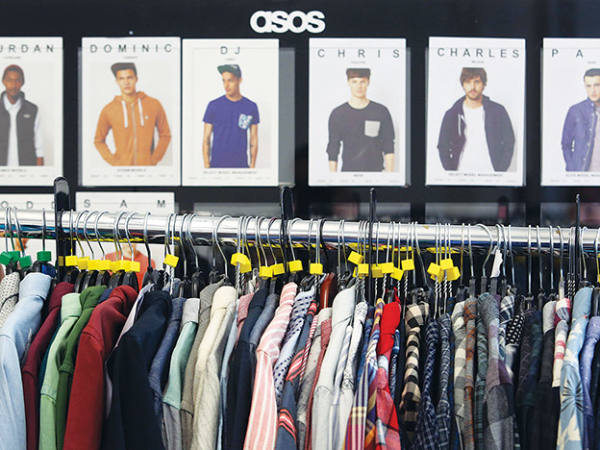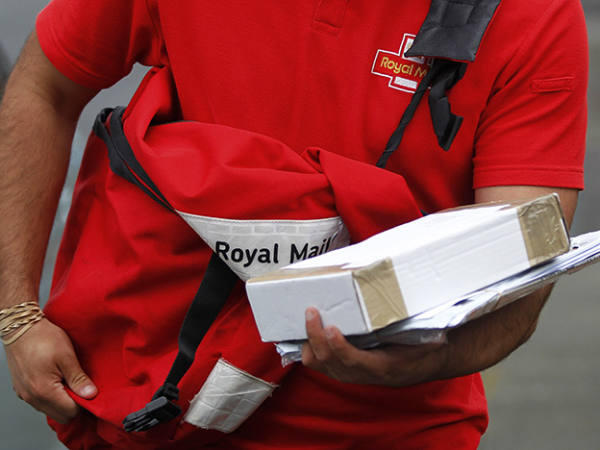The landscape for grocers in 2016 doesn't look much improved from the past few turbulent years. The story is well known by now: traditional middle-market supermarkets have faced a serious challenge from the arrival of discount chains including Aldi and Lidl, while premium retailers such as M&S Food and Waitrose appear to be hanging on to their high-end customers.
The squeezed middle includes some of the UK's largest supermarket chains, including Asda, Tesco (TSCO), Morrison (MRW) and J Sainsbury (SBRY). All of them have faced individual challenges, such as the highly publicised accounting scandal at Tesco or the mismanagement of the property estate at Morrison. Trying to pick which one to invest in and benefit from a potential recovery has been nothing short of a stab in the dark.
The latest data from research body Kantar Worldpanel tells an interesting story heading into 2016. Despite the tendency for customers to 'trade up' during the festive period, Kantar reckons it was still Aldi and Lidl that came out on top. Aldi grew its share of sales over the 12 weeks ending 3 January 2016 to 5.5 per cent from 4.8 per cent the previous Christmas, while Lidl grew its share from 3.5 per cent to 4.2 per cent. Of the traditional high-street grocers, Tesco's share of sales slipped notably, from 29.1 per cent this time last year to 28.3 per cent. The premium end of the market also seemed to go in the right direction: Waitrose grew its share of sales from 5.1 per cent to 5.2 per cent.
It's fair to say that, while Christmas trading at Tesco was better than expected - the share price is up around 12 per cent since the start of the new year - it is a company still firmly in recovery. Excluding Christmas, UK like-for-like sales were down by 1.5 per cent in the 13 weeks ending 28 November and they were also 0.5 per cent lower at group level. However, it's worth realising that analysts had expected sales to fall around 3 per cent overall in the third quarter.
Morrison also has a long road ahead. The group ended 2015 on a dramatic note when it announced it would cull 140 of its M Local convenience stores to cut costs and reduce its exposure to onerous lease provisions and property charges. It will be interesting to see how this serves Morrison in the long term because it's no secret that shopping habits are changing. Customers are turning their backs on larger superstores and forgoing the 'weekly shop' to pick up goods when they need them. In short, it's smaller basket values but more frequent trips that define the modern supermarket shopper.
Indeed, the modern food shopper often does not make it past their own front door. Supermarkets are facing facts: there's nothing many customers like more than shopping from the comfort of their living room and having large, bulk shopping delivered straight to them or a convenient location of their choice. This has been particularly evident with Sainsbury's attempt to merge with Argos-owner Home Retail (HOME). The attraction lies with Argos's extensive distribution network, although doubts have been raised over its suitability for the delivery of fresh food items.
Supermarkets aren't the only food retailers trying to cater to the modern consumer. High-street bakery Greggs (GRG) is turning its hand to healthier options to win over younger, health-conscious shoppers. The fourth quarter wasn't easy for Greggs - like-for-like sales grew 2.3 per cent compared with 6 per cent a year earlier and 4.7 per cent for the year as a whole. But bosses there hope that expanding the gluten-free range and adding flat whites to its coffee offering will prove popular with customers.
Ultimately, the instability plaguing the sector is significant. Even market darling Booker (BOK) fell out of favour with investors only a matter of weeks into 2016. The group reported a like-for-like sales fall of 3.1 per cent in the 16 weeks to 1 January, an even weaker performance compared with its second quarter, when like-for like sales were down 1.8 per cent. The shares dropped close to 4 per cent in reaction.
| Company | Share price (p) | Market Value (£m) | PE ratio | Dividend yield (%) | 1-year performance | Last IC view |
| Booker | 156 | 2,768 | 22.3 | 2.3 | 1.3 | Hold, 176p, 15 Oct 2015 |
| Greggs | 1,011 | 1,023 | 19.7 | 2.3 | 21 | Hold, 1,221p, 30 Jul 2015 |
| Just Eat | 438 | 2,960 | 85.9 | 0 | 27.9 | Hold, 449p, 5 Aug 2015 |
| Morrison (Wm) Supermarkets | 158 | 3,697 | 17.7 | 7 | -17.3 | Hold, 168p, 10 Sep 2015 |
| Ocado | 259 | 1,529 | 217.7 | 0 | -36.6 | Hold, 430p, 30 Jun 2015 |
| Sainsbury (J) | 239 | 4,598 | 10 | 5.1 | -7.2 | Buy, 262p, 7 Jan 2016 |
| Tesco | 159 | 12,952 | NA | 0 | -28.1 | Hold, 190p, 7 Oct 2015 |
Favourites
Our clear favourites are Sainsbury (a Tip of the Year) and wholesaler Booker. The derating in Booker's share price is overdone in our opinion. It's a quality business, and the shares' forward rating reflects that. Sainsbury's is our pick of the grocery sector; the Home Retail deal has yet to be fully understood, and is a developing story, but it's encouraging to see a British supermarket tackling the online issue head on.
Outsiders
For now, our outsiders have to include Morrison and, to some extent, Tesco. Tesco boss 'drastic' Dave Lewis has proved he can bring customers back to the brand around the festive period, but the threat posed by the discounters is long term. The fact that Tesco shares are so highly rated in anticipation of a recovery also makes us slightly nervous. Morrison had a more positive Christmas than expected, but it's got to prove it can compete without a comparable convenience chain estate.







